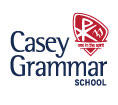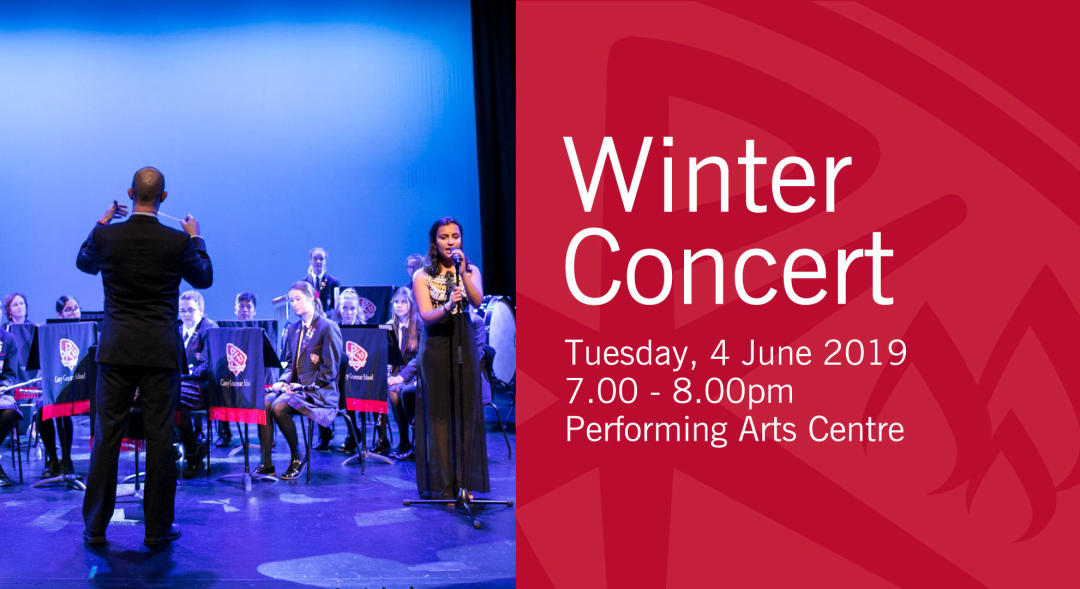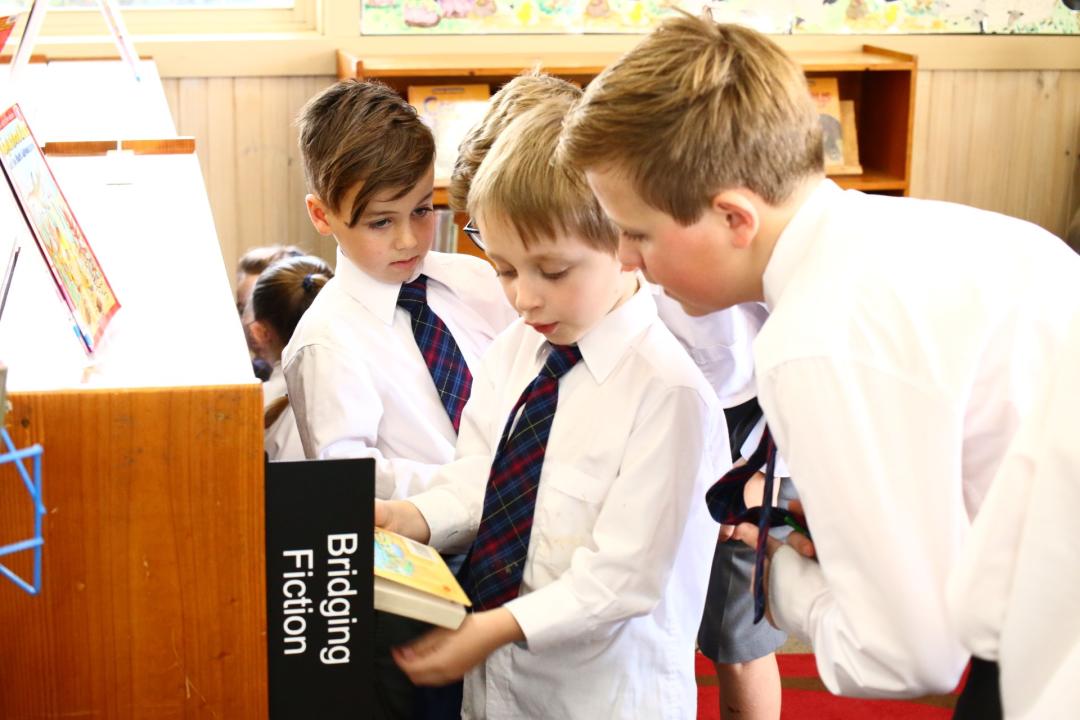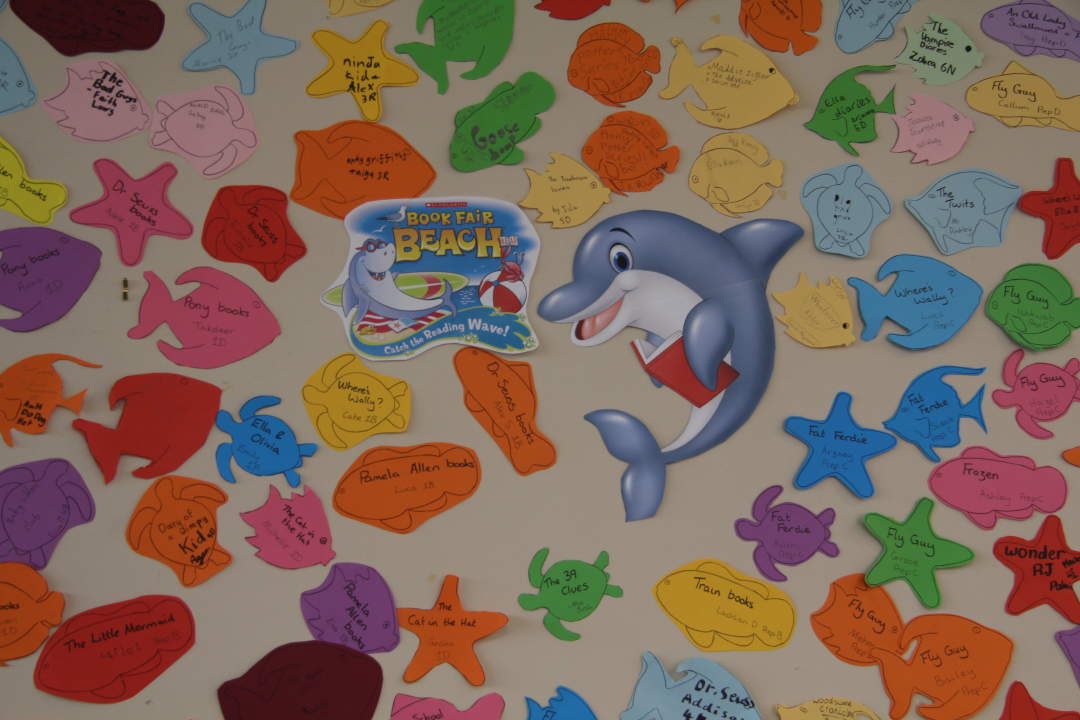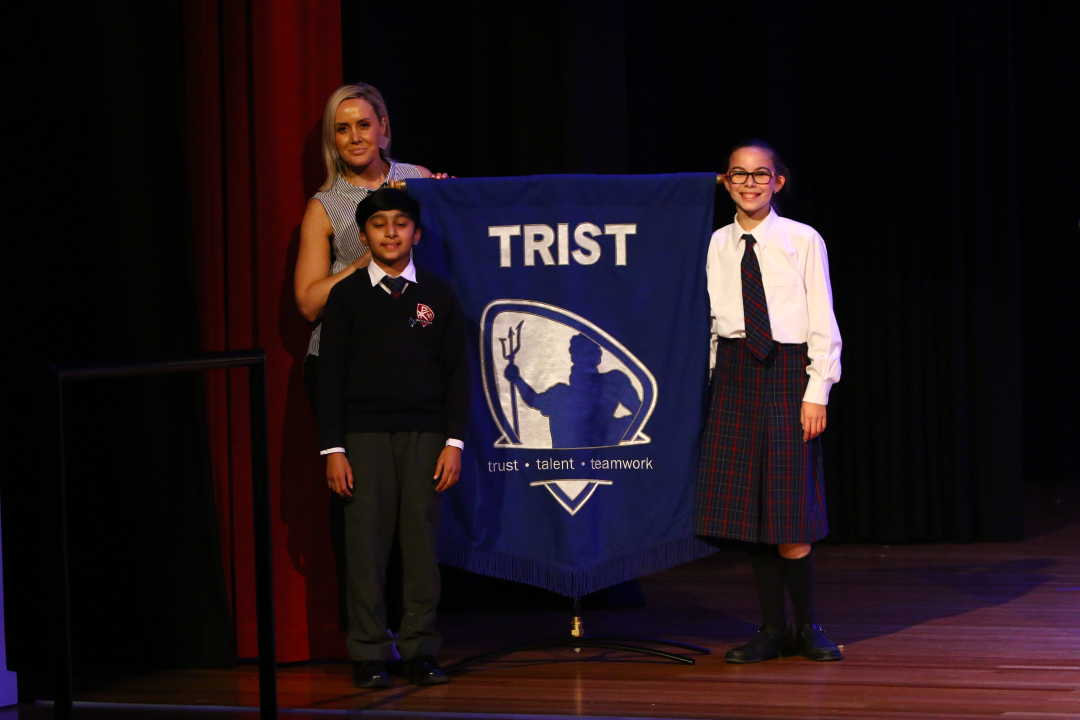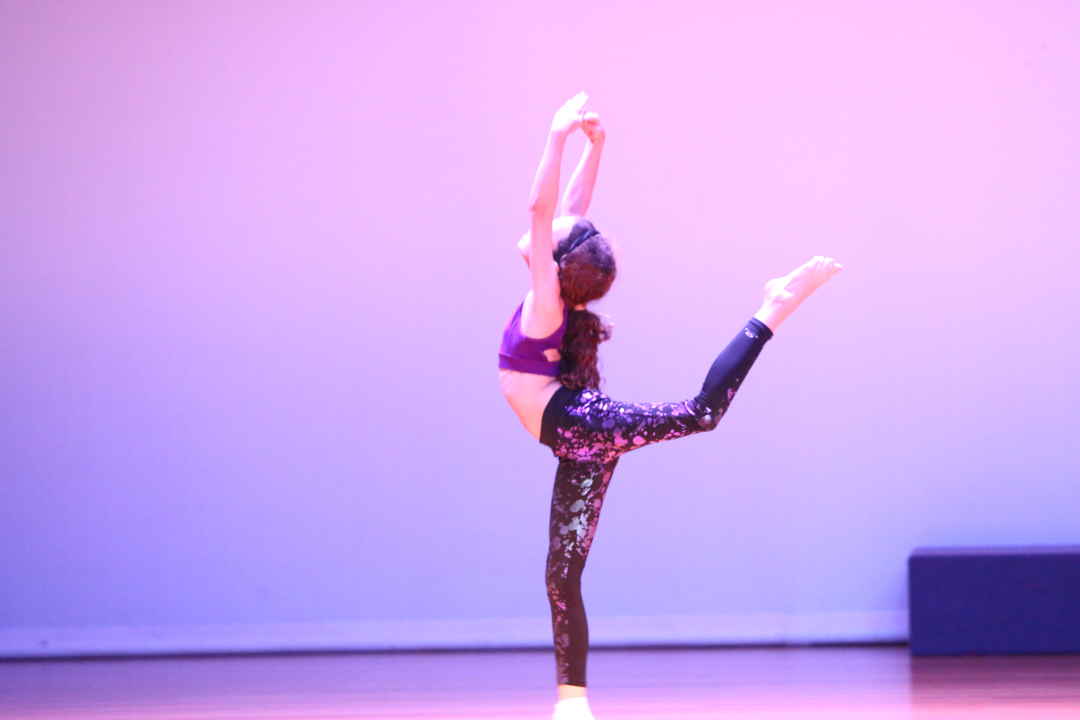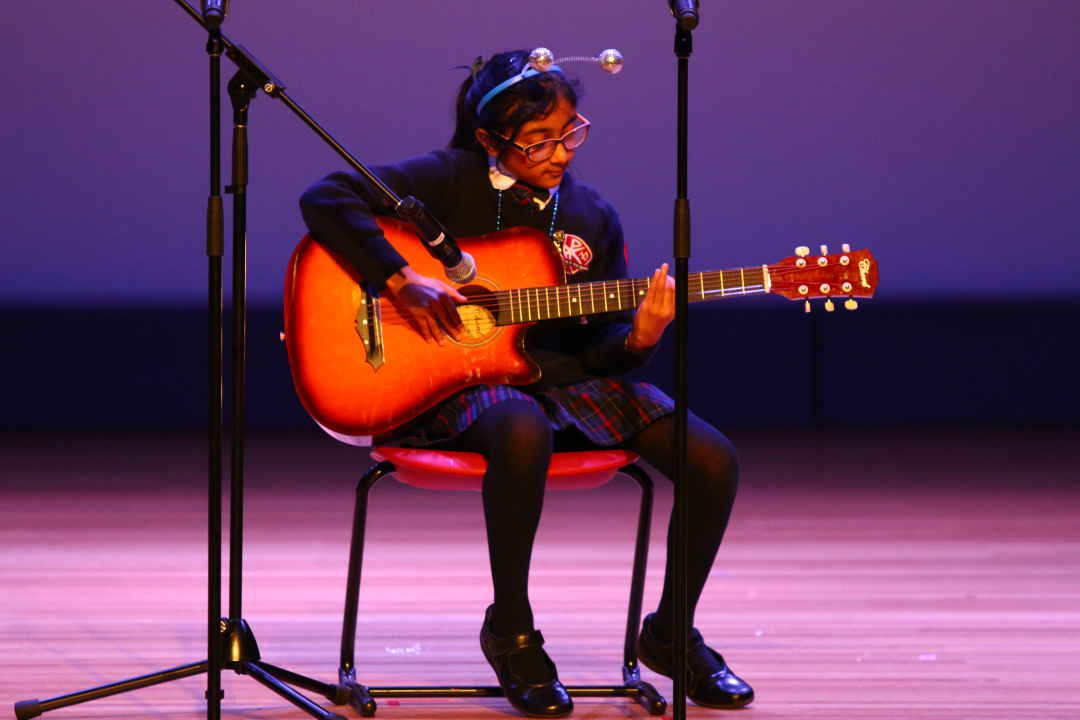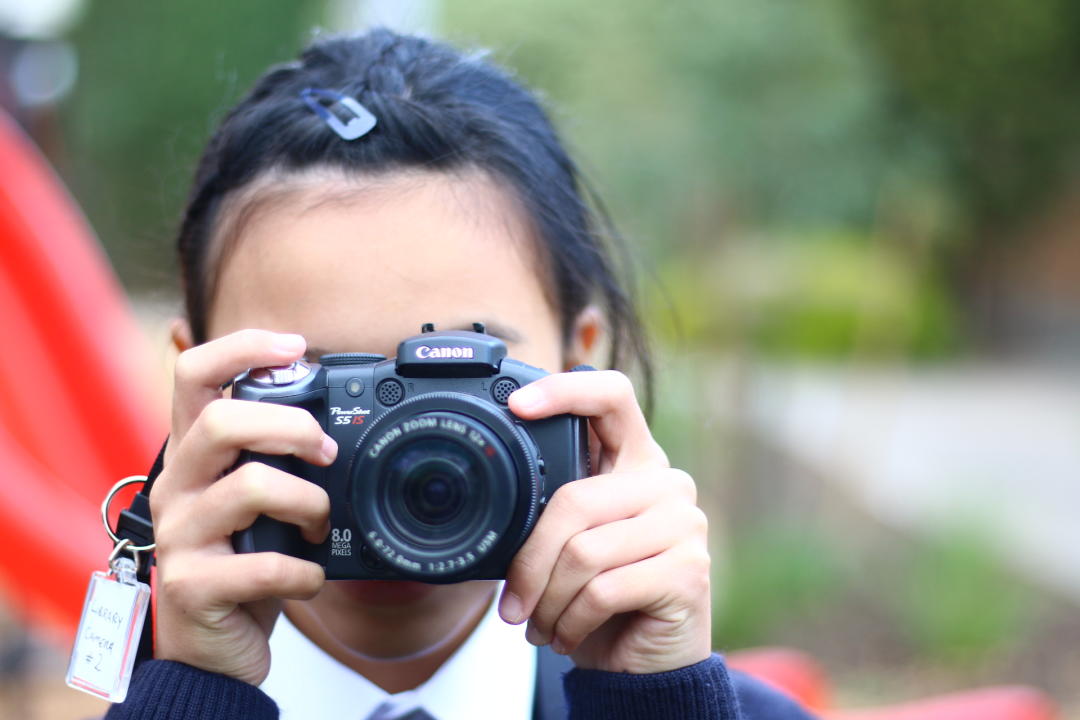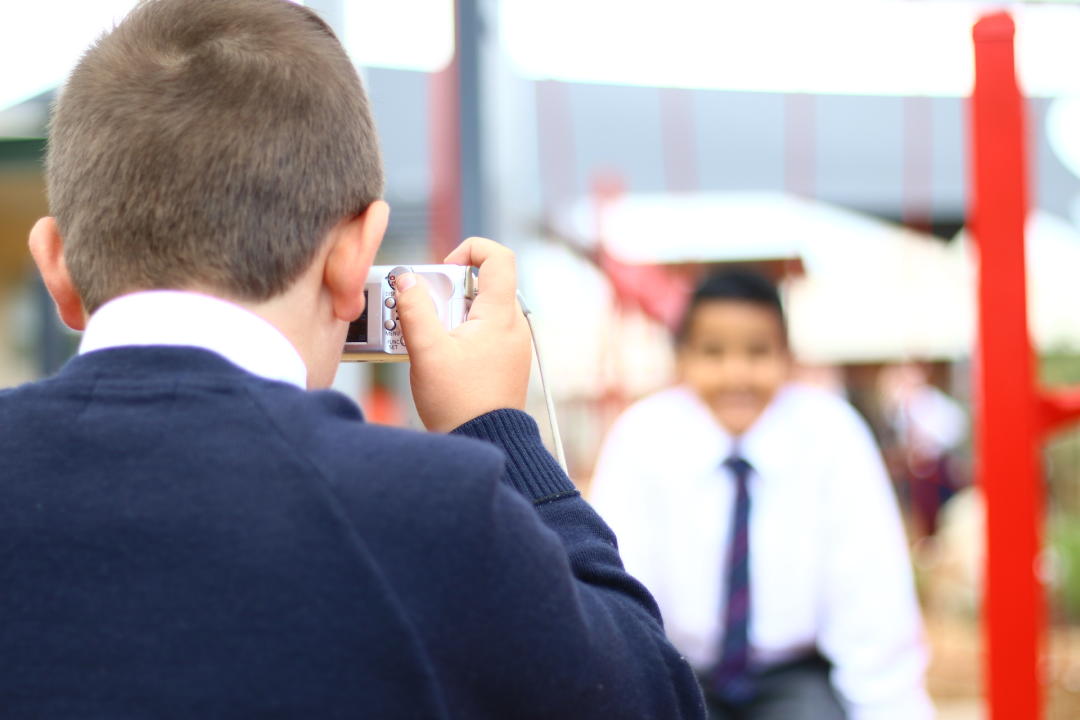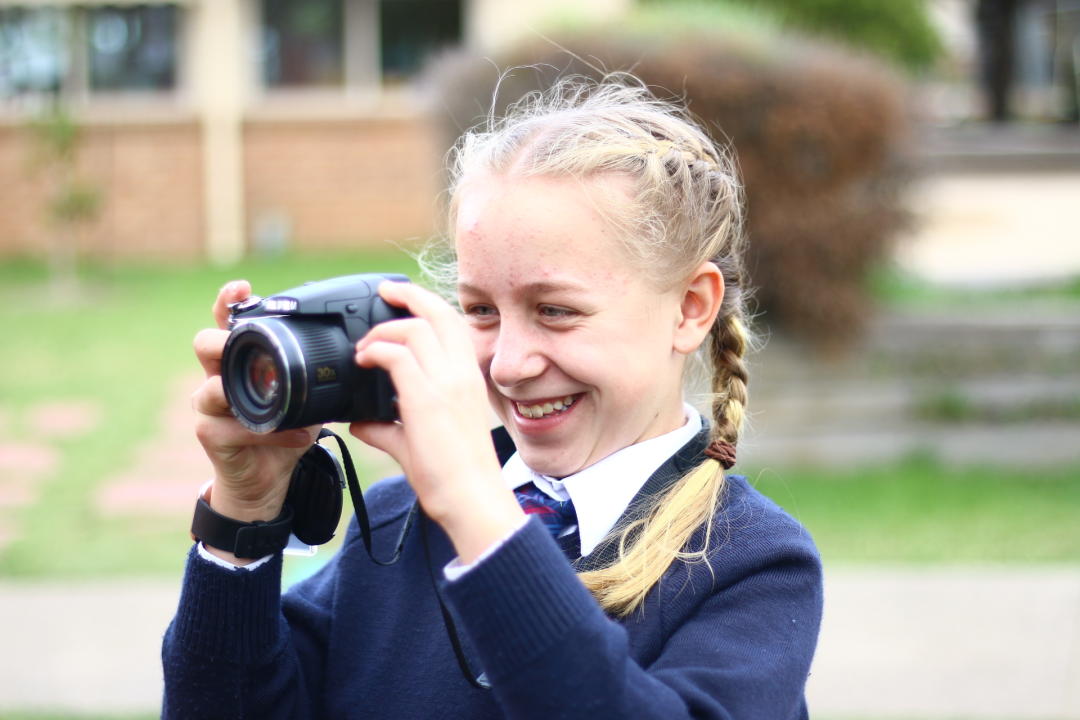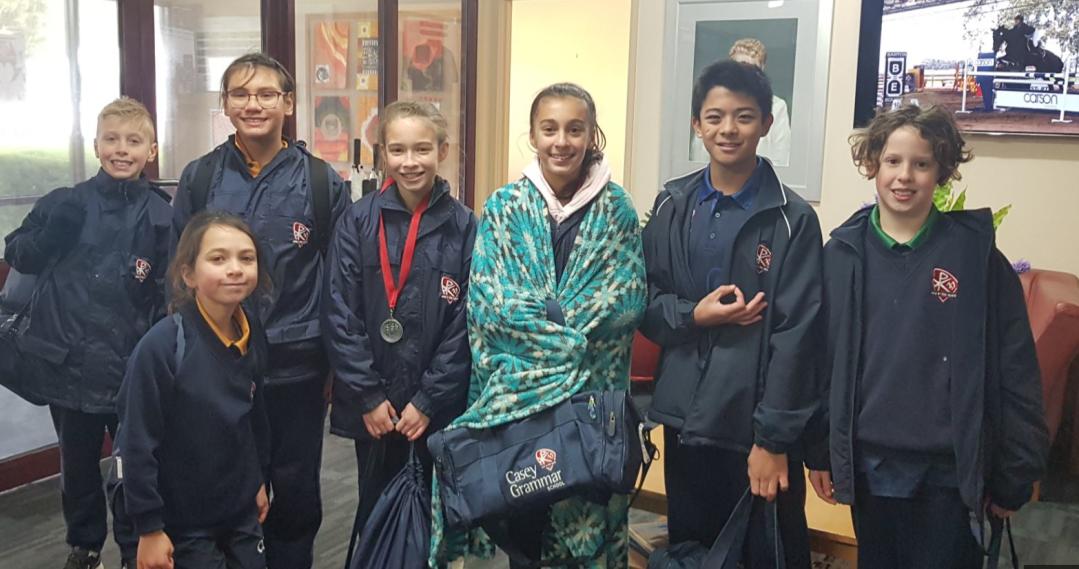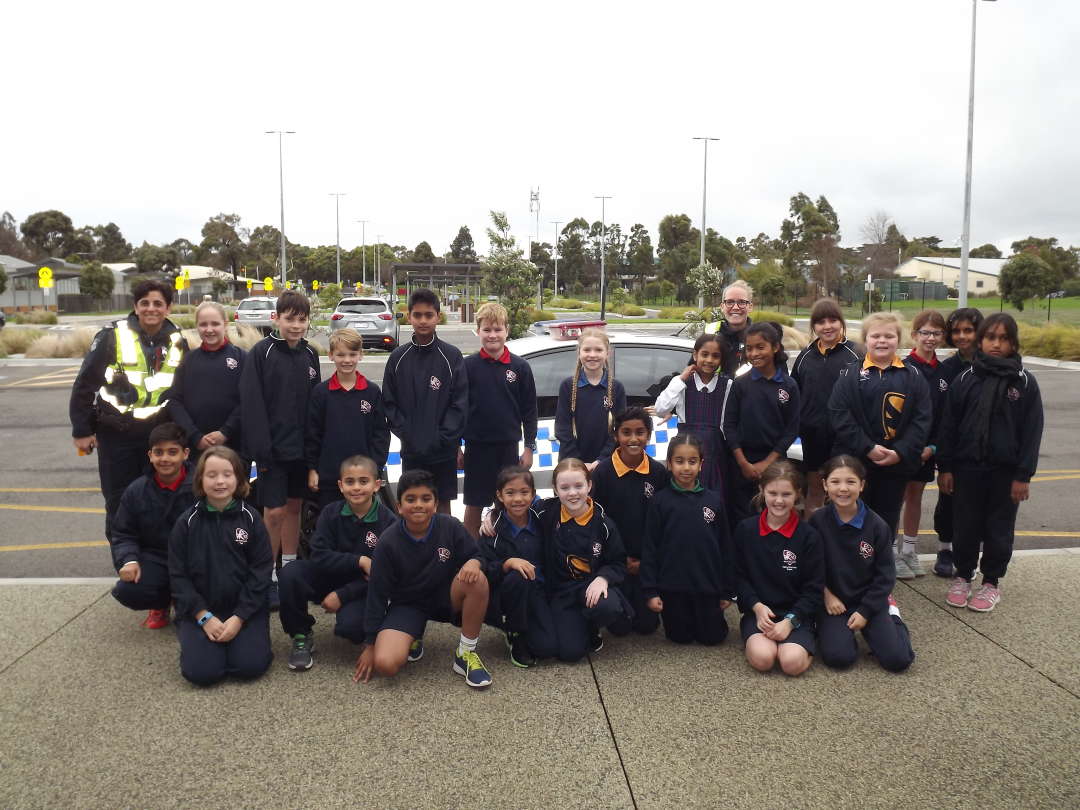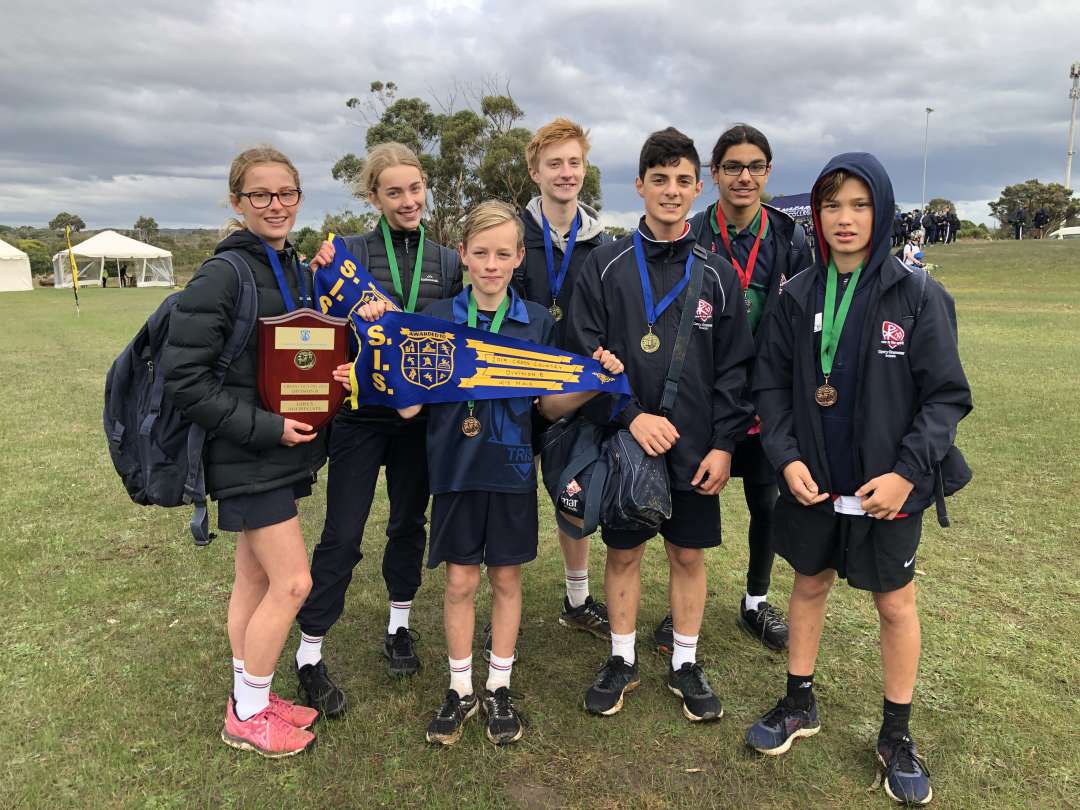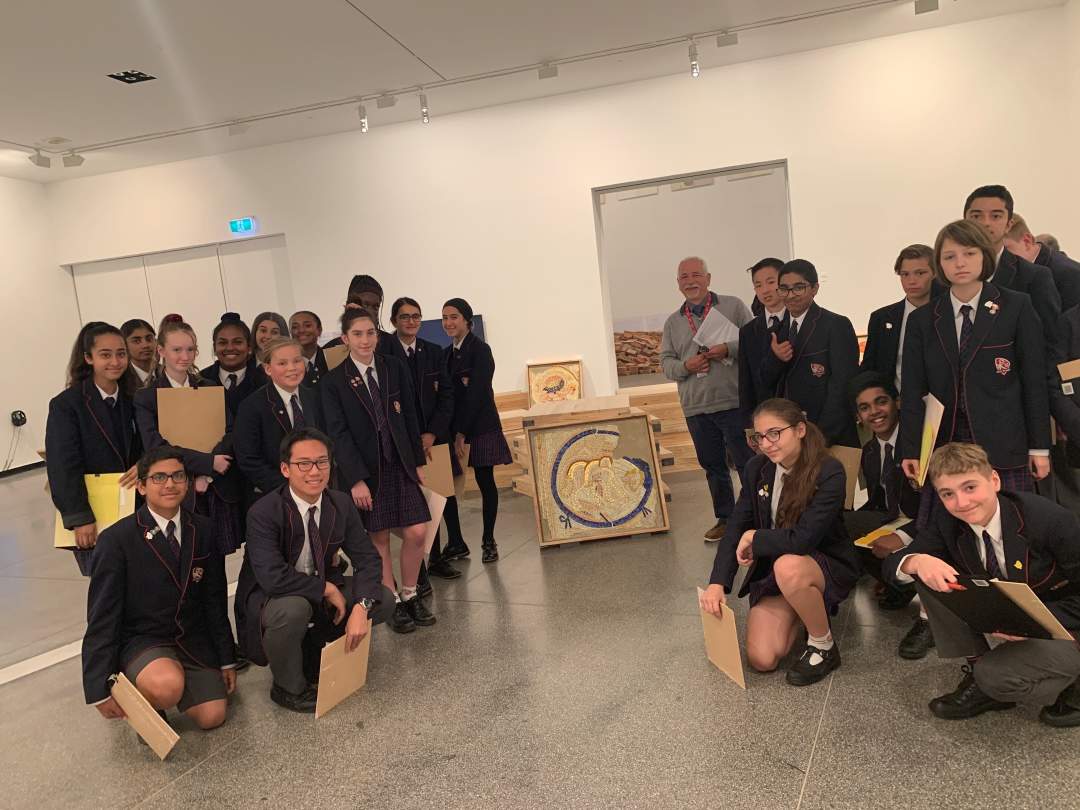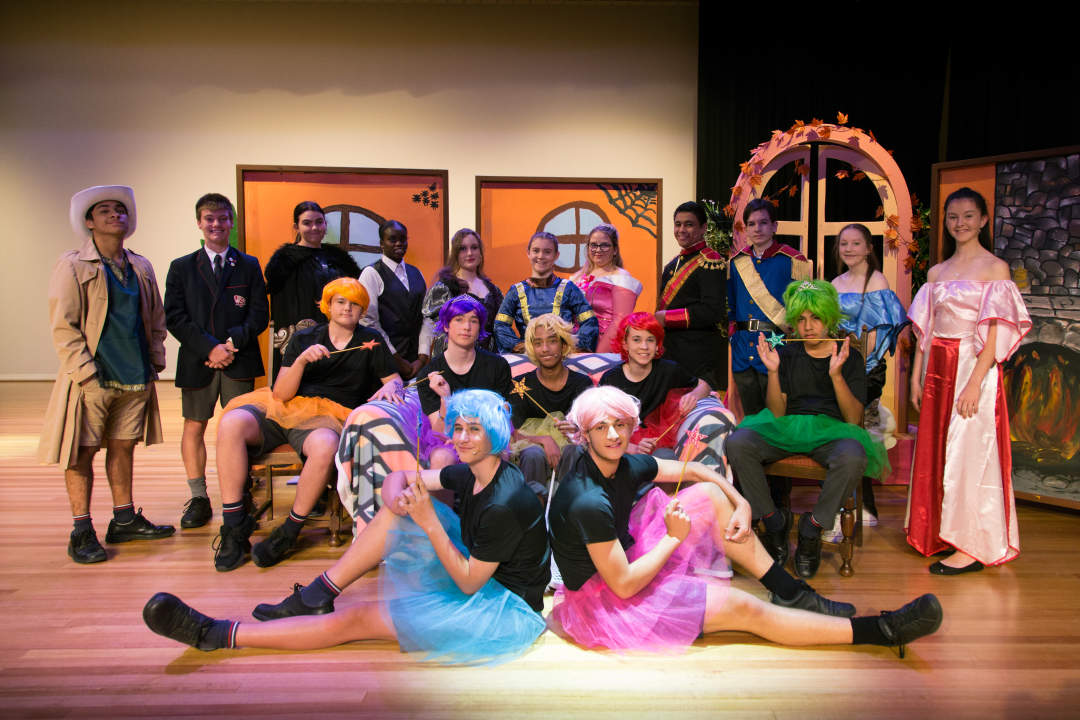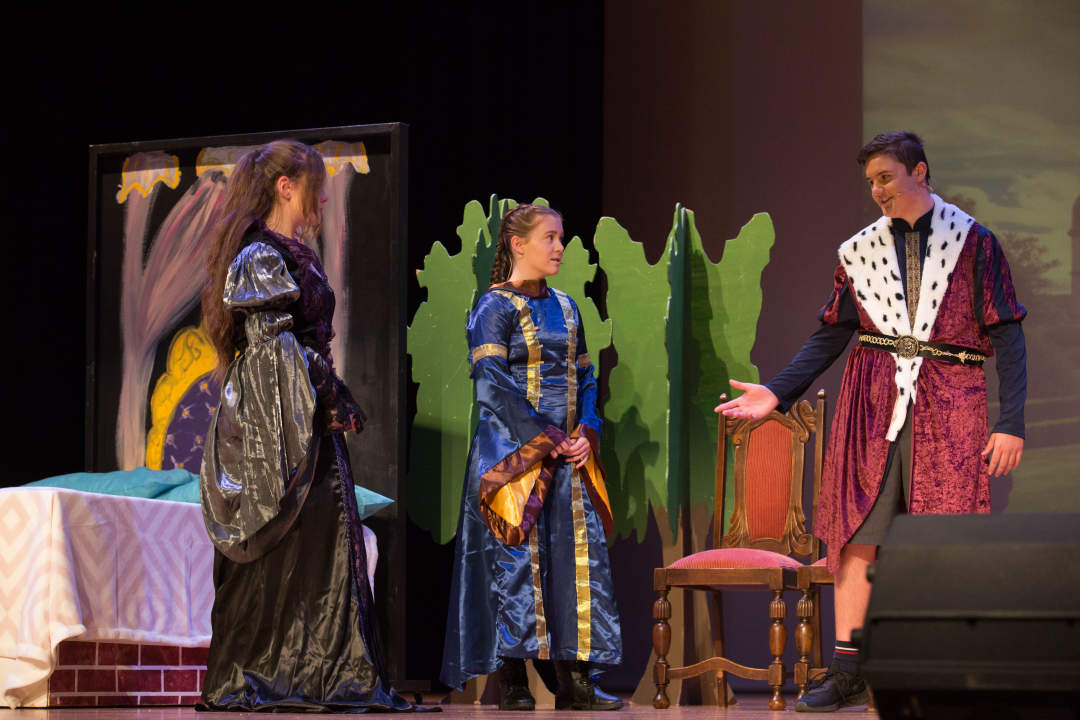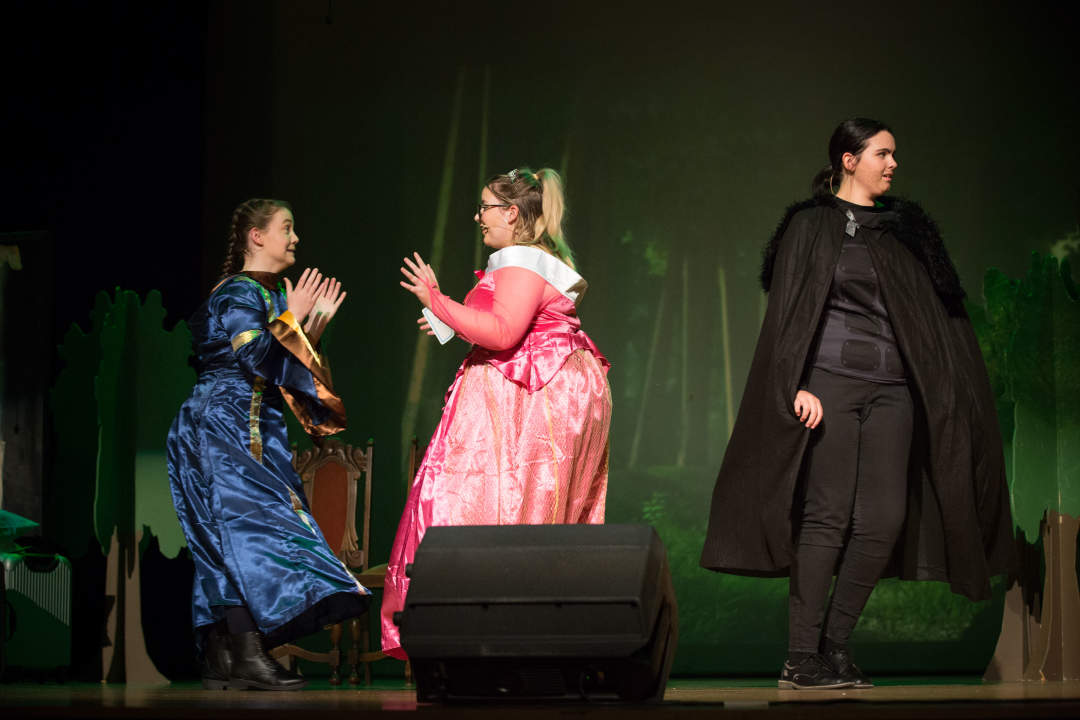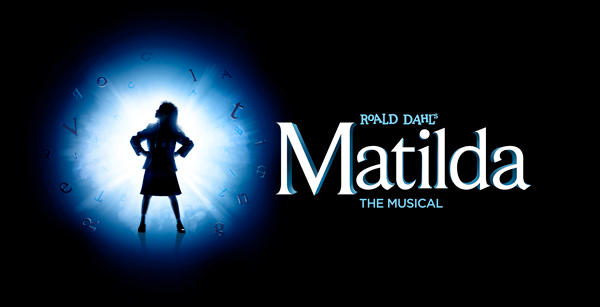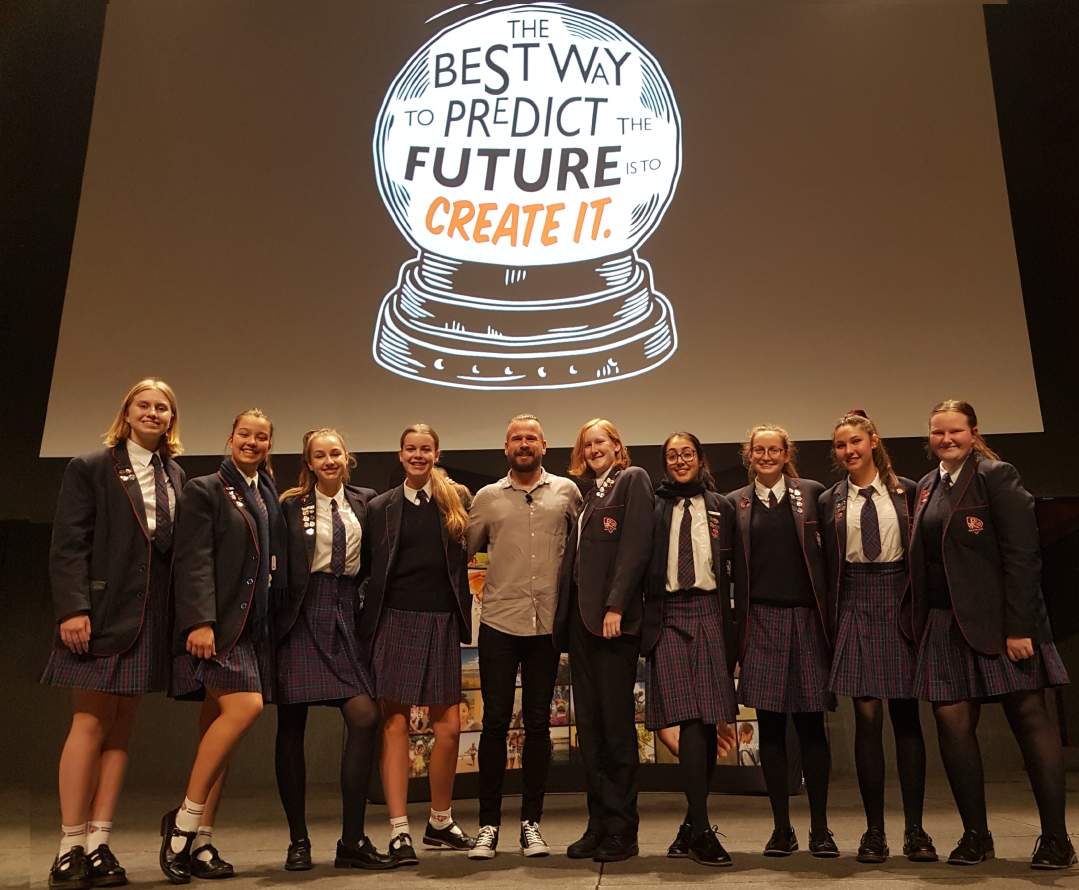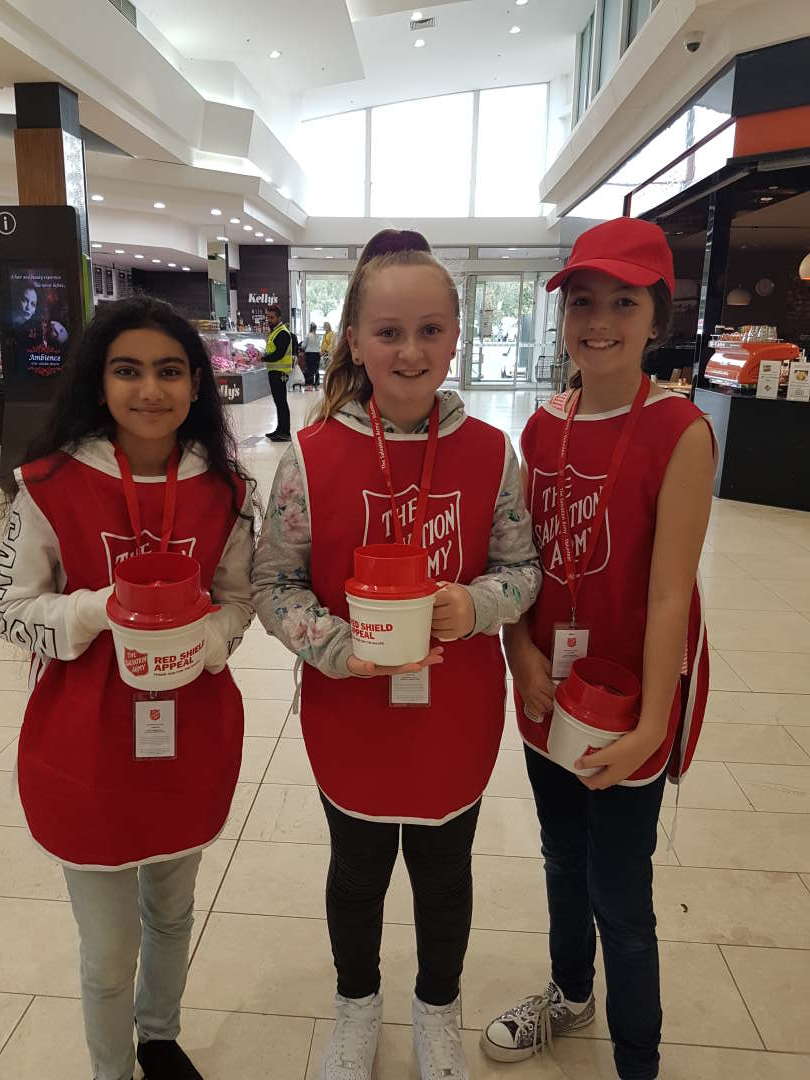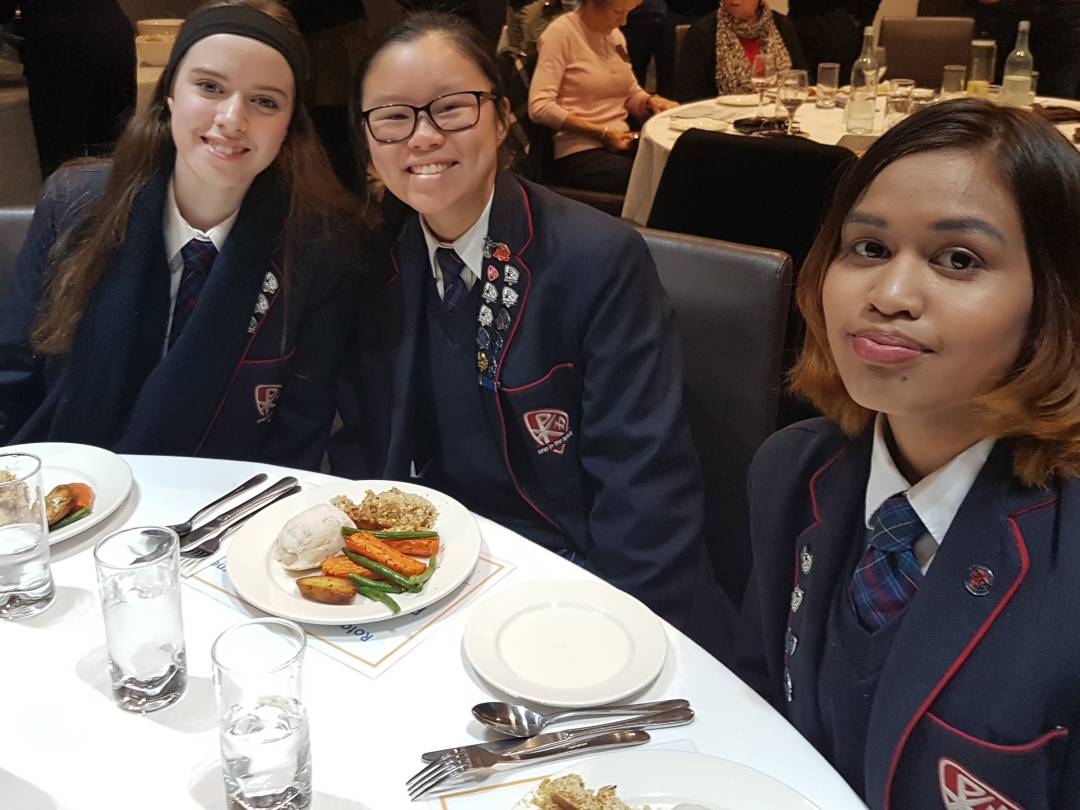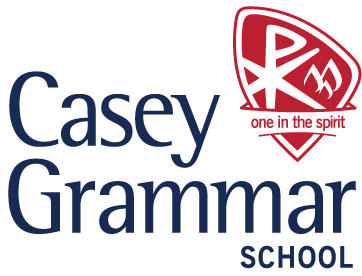Dear Parents,
Careers section in the Discovery
Enrolment demands at Casey Grammar School are increasing with applications well in excess of places we can offer. We are currently at capacity from Prep through to Year 7 with limited opportunities in Years 8 - 12.
- 2020 enrolments for Prep and Year 7 have been finalised, and we have significant waiting lists in place.
- The Year 7 - 2021 intake will commence next Term with interviews in August. We expect enrolment offers to go out in September 2019.
- The Prep - 2021 intake will commence in early 2020 with a Parent Information Evening held in February 2020, and we expect enrolment offers to go out in March 2020.
Extreme cold weather
In the case of extreme weather, the Junior School will call a wet day timetable and students will have the option to stay in their classroom. The Library is open at lunch every day for Junior students and for students in the Senior School, the Library is open at lunch for Year 7 - 10 students. The VCE Centre is open every recess and lunch for students in Years 11 and 12, if required we can open the Year 7 Centre.
On Monday, Tuesday and Wednesday of Week 7 the Library will be closed at lunch time due to Senior School exams however, we will open the Year 7 Centre during this time to provide Junior and Senior school students with a warm place to have a break or study.
Students are reminded that we have a winter jumper available at the uniform shop that can also be worn. Scarfs may be worn to and from school as well as at recess and lunch. Sports jackets are not to be worn under the blazer and hooded jumpers are not permitted. For some excursions additional jackets, beanies or gloves may be worn however parents will be notified of this either via Consent 2 Go or SEQTA. This special exemption was given for the recent Sovereign Hill excursion and Year 10 Geography trip to Portsea.
Reconciliation Week
Reconciliation week is a time for all Australians to learn about our shared histories, cultures and achievements.
Below is a story that I shared with the Senior School students at Assembly, a story about an inspirational leader, a man that is changing the future for young Indigenous Australians and a man that I worked alongside for 6 years. Here is his story.
His name is Waverly Stanley, and he grew up in central Queensland, he is descended from the Wakka Wakka people with ancestors from the Barungam people. He was a 12-year-old Indigenous student at Murgon Primary School when his teacher, Mrs Bishop, realised there was something special about the boy who captained the class.
Knowing there were limited educational and employment opportunities in the small town in south-east Queensland, she asked the principal of Toowoomba Grammar School if he could offer a scholarship. A week later, Waverley was granted a scholarship at Toowoomba Grammar, and went on to become its first Indigenous student to complete Year 12.
Just before graduating high school, Waverley wrote a heartfelt letter thanking Mrs Bishop for her role in transforming his world, "I am so happy that I had you for a teacher and friend. Your contribution to what you did in my life will always stay with me".
Having benefited from an independent school education, Waverley always wanted to offer the same opportunity to other Indigenous students. In 2005 they set up a not-for-profit organisation providing scholarships for Indigenous children to go to boarding school, just like Waverley had. The new venture was called Yalari, which means "child" in the Birri Gubba language of Waverley's ancestors.
Starting with just three students in 2006, Yalari has since become one of the most successful Indigenous education programs in Australia, with 27 independent schools offering boarding scholarships to a total of more than 250 students this year. That is 250 communities, and an alumni of over 400.
I was lucky enough to teach many of these students.
Most of the students are from remote and regional areas where options for high school are limited. Waverley's guiding philosophy is the idea that education is the key to closing the gap by providing better opportunities for his people.
Can one person make a difference? How could a young Indigenous boy from central Queensland make a difference? Waverley is making a generational difference and the ripples in the pond are spreading across the country making positive change for young Indigenous Australians. We can all make a difference.
Can one person really make a difference? Waverley believed he could.
Mr Richard Baird MBA, B.Ed, ASAM, MACE, MACEL
Principal
